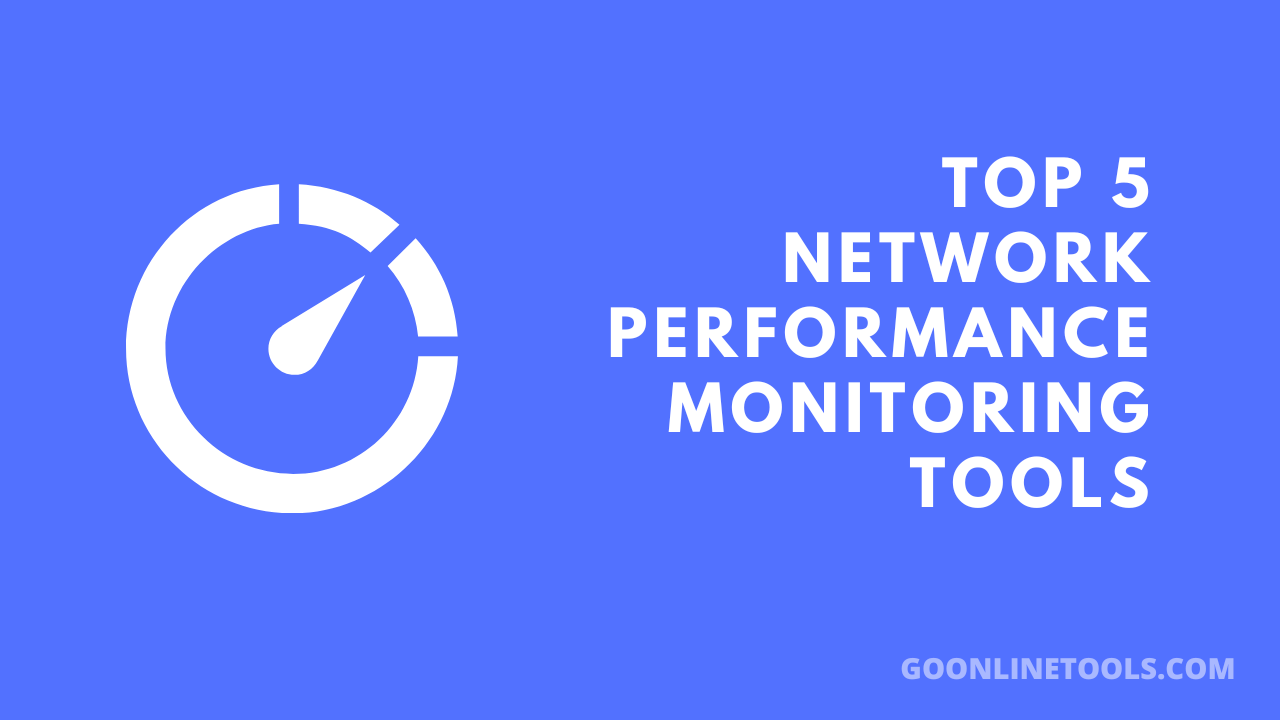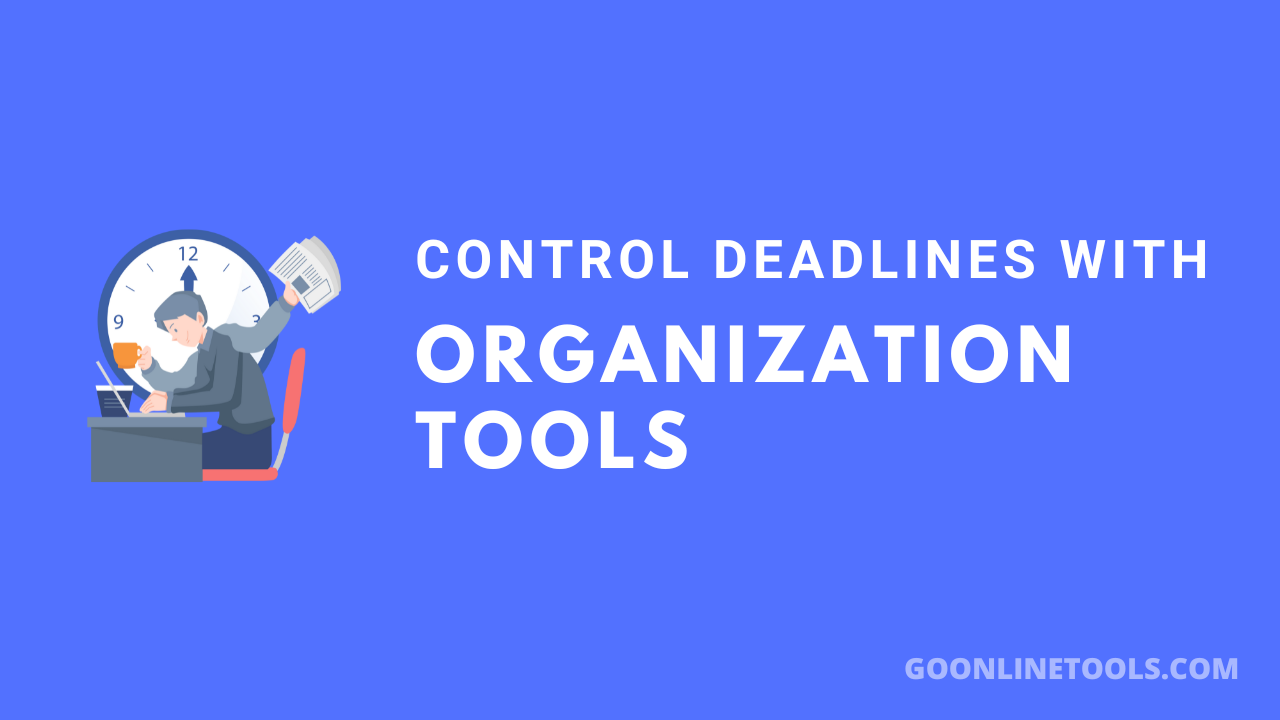
Online brand protection and enforcement are a must for any business. With the ever-expanding opportunities of technology, businesses are vulnerable to counterfeit products, inaccurate information, or infringement on their intellectual property–leaving it open to misappropriation of resources and harm to reputation. To help protect your online brands from potential risks and ensure that you’re getting value for your hard work, here are 8 strategies for proactively managing and defending them in the growing digital marketing landscape.
1. Monitor and Respond to Online Brand Mentions
Maintaining a robust online presence is important for any brand’s success. With the vast amount of information available on the internet, it’s important to monitor and respond to online brand mentions in real-time. This means watching social media platforms, forums, and other websites where customers may be discussing your brand.
By doing so, you can quickly address any negative comments or customer concerns, improve customer satisfaction, and even identify potential opportunities for growth. Investing in a robust online monitoring and response strategy is a smart move for any brand looking to stay ahead of the game and build a loyal customer base.
2. Implement Robust Trademark and Copyright Policies
It is necessary for businesses to implement robust trademark and copyright policies and procedures to safeguard their intellectual property rights. When you choose to buy a Singapore domain, these policies lay the foundation for protecting a brand’s unique identity and creative works, ensuring they are not misused or plagiarized. Having clear policies in place means that businesses can effectively assess and mitigate risks associated with infringement, piracy, and unlicensed use of their branding and content. Implementing strong trademark and copyright policies provides businesses with the opportunity to establish and protect their reputation, build trust with their audience, and ultimately maintain a competitive edge in their industry.
3. Conduct Regular Brand Audits
As the world becomes increasingly digital, it’s more important than ever to keep a close eye on your brand’s online presence. Conducting regular brand audits and reputation assessments can help you stay on top of what’s being said about your company online and ensure that your brand image remains strong.
Monitoring social media activity, reviewing customer feedback, and using tools like Google Alerts, allow you to identify potential issues before they turn into real problems. With the right approach, conducting regular audits can not only help you maintain a positive online reputation but also provide valuable insights into how your brand is perceived and where you can make improvements.
4. Proactively Identify and Address Counterfeit Products
Counterfeit products and unauthorized resellers have been a persistent challenge for retail businesses. Not only do these activities damage the reputation of legitimate brands, but they also pose a risk to customers who may purchase subpar or even dangerous goods. That’s why it’s so important for businesses to proactively identify and address these issues.
With the right tools and strategies, it’s possible to monitor online marketplaces and identify counterfeit products and unauthorized resellers before they can do significant damage. By staying vigilant, businesses can protect their brand and their customers, ensuring that everyone has access to high-quality, safe, and authentic products.
5. Establish Strong Partnerships with Online Platforms
One of the steps is definitely establishing strong partnerships with online marketplaces and platforms. By doing so, businesses can tap into a vast and vibrant customer base, drive sales, and increase brand visibility. With the right partnerships in place, businesses can easily reach customers who may be difficult to reach otherwise, opening up new revenue streams and opportunities for growth.
However, building these partnerships requires careful research and planning, as well as a deep understanding of the specific platforms and marketplaces that are most relevant to your target audience. With the right approach, businesses can establish powerful partnerships that deliver real results in today’s highly competitive online landscape.
6. Leverage Technology for Automated Brand Monitoring
In today’s rapidly evolving business world, monitoring your brand’s reputation is crucial for success. With the rise of social media, online reviews, and other digital platforms, it’s becoming increasingly challenging to keep track of what’s being said about your brand. That’s where technology comes in. By leveraging technology for automated brand monitoring and detection, you can gain valuable insights into how your brand is being perceived online.
From social media listening tools to sentiment analysis software, these solutions can help you quickly identify and respond to potential issues, ensuring your brand stays on track and remains competitive in today’s digital landscape. It’s time to embrace technology and take control of your brand’s reputation.

7. Engage in Strategic Legal Actions
Today, businesses invest substantial time, effort, and resources in building their brands. However, these efforts are often undermined by brand infringers – third parties who use the brand name, logo, or other identifying marks without permission. Not only can brand infringement dilute brand recognition and erode customer loyalty, but it can also harm the bottom line by diverting sales and revenue to the infringing party. That’s why engaging in strategic legal actions against brand infringers is crucial.
Businesses need to defend their intellectual property rights and take proactive steps to protect their brand reputation and financial interests. By investing in legal protection, businesses can send a clear message to infringers that they won’t tolerate any unauthorized use of their valuable brand assets.
8. Educate and Empower Your Customers
As a business owner, it’s important to make sure your customers are educated and empowered to recognize and report any brand abuse they come across. Brand abuse can take many forms, from counterfeit products to fake social media accounts. By educating your customers on what to look out for, you’re not only protecting your business but also helping them to avoid any potential scams or harmful products.
In addition, empowering your customers to report any instances of brand abuse can help you to quickly address any issues and maintain a positive reputation. Ultimately, by working together to combat brand abuse, you can build a stronger and more trustworthy relationship with your customers.
Through the combination of proactive brand protection measures and successful strategic legal actions, protecting your institution’s brand online is paramount to ensure its longevity and success. By understanding the importance of digital brand protection, you can safeguard your organization from potential misuse or unwanted exploitation, giving you greater control and visibility over how your valuable assets are perceived on the web.
Moreover, when you empower both yourself and your customers to recognize and report brand abuse, it enables you to respond quickly to any imminent or future threats that could be detrimental to your organization and its brands moving forward. It is essential that institutions of all sizes take advantage of the digital tools available in today’s digitally driven world – such as automated brand monitoring technologies – and utilize them to create a comprehensive strategy for their online branding development. As long as these preventative approaches are applied, institutions should remain secure in knowing that their brands are well-protected from any possible cyber threats.
Layla Griffin
Layla Griffin is a copywriter and content strategist. She helps businesses stop playing around with content marketing and start seeing the tangible ROI.
View all postsComments 0
No comments yet. Start the conversation!





